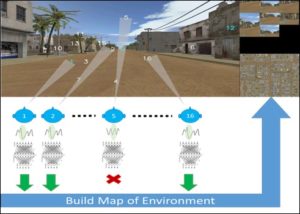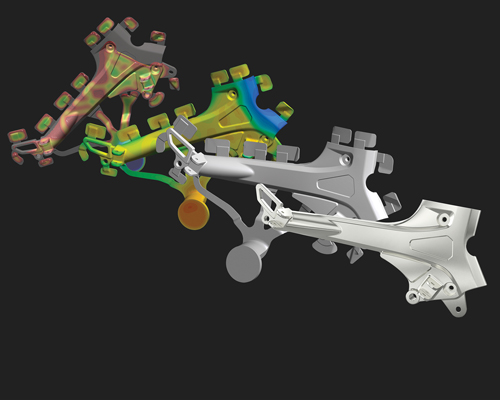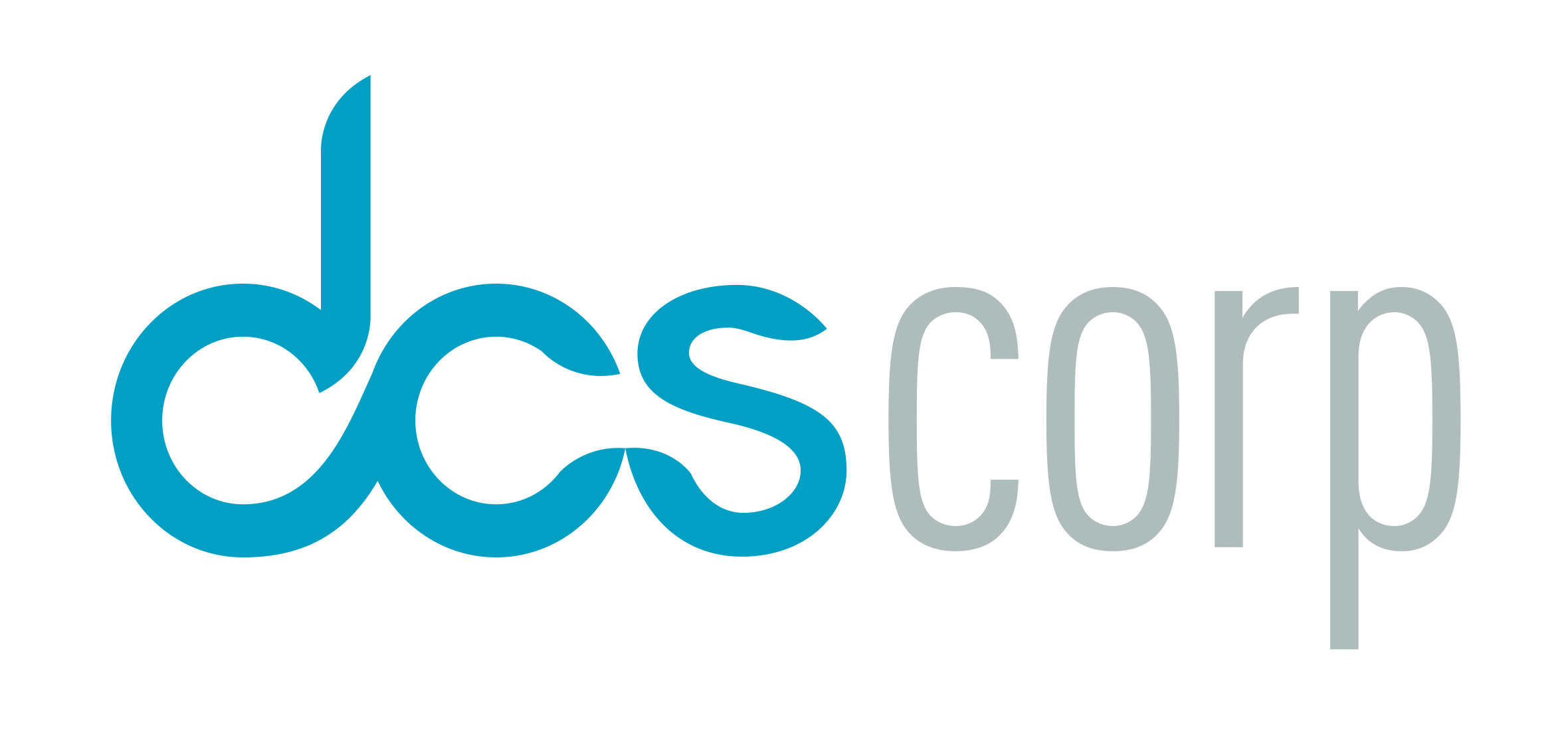AI and Machine Learning
DCS scientists and researchers are leaders in AI, and autonomy through machine learning and deep learning. We support the ARL Center, Army Cognition and Neuroergonomics Collaborative Technology Alliance, AFRL, and the Navy/Marine Corps

Since 2010, DCS has served as the lead member of the Cognition and Neuroergonomics Collaborative Technology Alliance (CaN CTA), whose goal is to develop real time human/machine interfaces. DCS has made significant contributions to basic research in non-medical human cognitive state sensing, exploration, and exploitation by developing advanced signal processing and machine learning tools. ARL and DCS scientists placed first in an international competition for neural-based image triage, the NII Testbeds and Community for Information access Research (NTCIR) Conference on Evaluation of Information Access Technologies. Additionally, in 2018, DCS scientists authored a research paper describing Deep Net application, which was awarded the Parasuraman Prize for Innovative Application as part of the 2nd International Neuroergonomics Conference.
Additionally, DCS has employed deep convolutional neural networks in robust detection of humans in airborne sensor imagery for the AFRL. This includes a fast implementation support video frame rate processing which supports tracking and human characterization.
 DCS’s researchers work with the Army and Air Force to develop tools to enhance autonomy in highly contested areas or Anti-Access Area Denial (A2AD) environments for air combat battle management that mitigate the challenges of growing, more sophisticated adversary threat systems. One of these tools, SPARTACUS (Self Protection and Reactive Technology), is an Advanced Combat Utility System which investigated the application of technologies, such as directed energy and kinetic weaponry in combination with coordinated vehicle maneuvers. It was used to defeat various types of threats in order to enable an air vehicle to defend itself while performing tasks in an access-denied airspace. DCS is building complex, contested environments to train reinforcement learning-based aircraft control algorithms and evaluation autonomous sensor resource managers.
DCS’s researchers work with the Army and Air Force to develop tools to enhance autonomy in highly contested areas or Anti-Access Area Denial (A2AD) environments for air combat battle management that mitigate the challenges of growing, more sophisticated adversary threat systems. One of these tools, SPARTACUS (Self Protection and Reactive Technology), is an Advanced Combat Utility System which investigated the application of technologies, such as directed energy and kinetic weaponry in combination with coordinated vehicle maneuvers. It was used to defeat various types of threats in order to enable an air vehicle to defend itself while performing tasks in an access-denied airspace. DCS is building complex, contested environments to train reinforcement learning-based aircraft control algorithms and evaluation autonomous sensor resource managers.
 DCS has extensive experience in modeling and simulation of aircraft, missile, and combat vehicles down to the component level. Developing system simulations is a complex process requiring a high-level of software/system architecture experience to develop the construct and systems engineering expertise to define, control, and monitor system and subsystem interfaces and performance, so that the system being modeled behaves as close to the conceptual or actual system as possible. An example of our support in these areas evaluating air vehicle flight performance by using an in-house written Genetic Algorithm to perform post-flight analysis and comparison of flight test results to the Joint Air-to-Surface Standoff Missile (JASSM) cruise missile program simulation, and development of the Advanced Framework For Simulation, Integration And Modeling (AFSIM) software simulation framework for use in constructing engagement and mission-level analytic simulations for the Operations Analysis community.
DCS has extensive experience in modeling and simulation of aircraft, missile, and combat vehicles down to the component level. Developing system simulations is a complex process requiring a high-level of software/system architecture experience to develop the construct and systems engineering expertise to define, control, and monitor system and subsystem interfaces and performance, so that the system being modeled behaves as close to the conceptual or actual system as possible. An example of our support in these areas evaluating air vehicle flight performance by using an in-house written Genetic Algorithm to perform post-flight analysis and comparison of flight test results to the Joint Air-to-Surface Standoff Missile (JASSM) cruise missile program simulation, and development of the Advanced Framework For Simulation, Integration And Modeling (AFSIM) software simulation framework for use in constructing engagement and mission-level analytic simulations for the Operations Analysis community.
Contact Us
6909 Metro Park Drive, Suite 500
Alexandria VA 22310
P: 571-227-6000
info@dcscorp.com
Join Our Team
DCS has amazing, talented, and
technology-savvy people. We're growing
continuously and sustainably.
Check out our DCS Careers
© 2025 DCS Corporation, All Rights Reserved
Site Map
